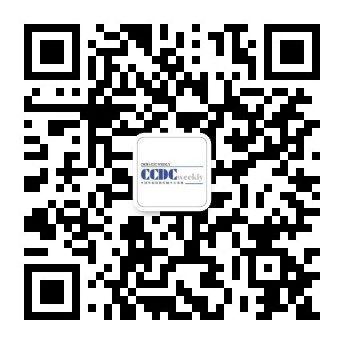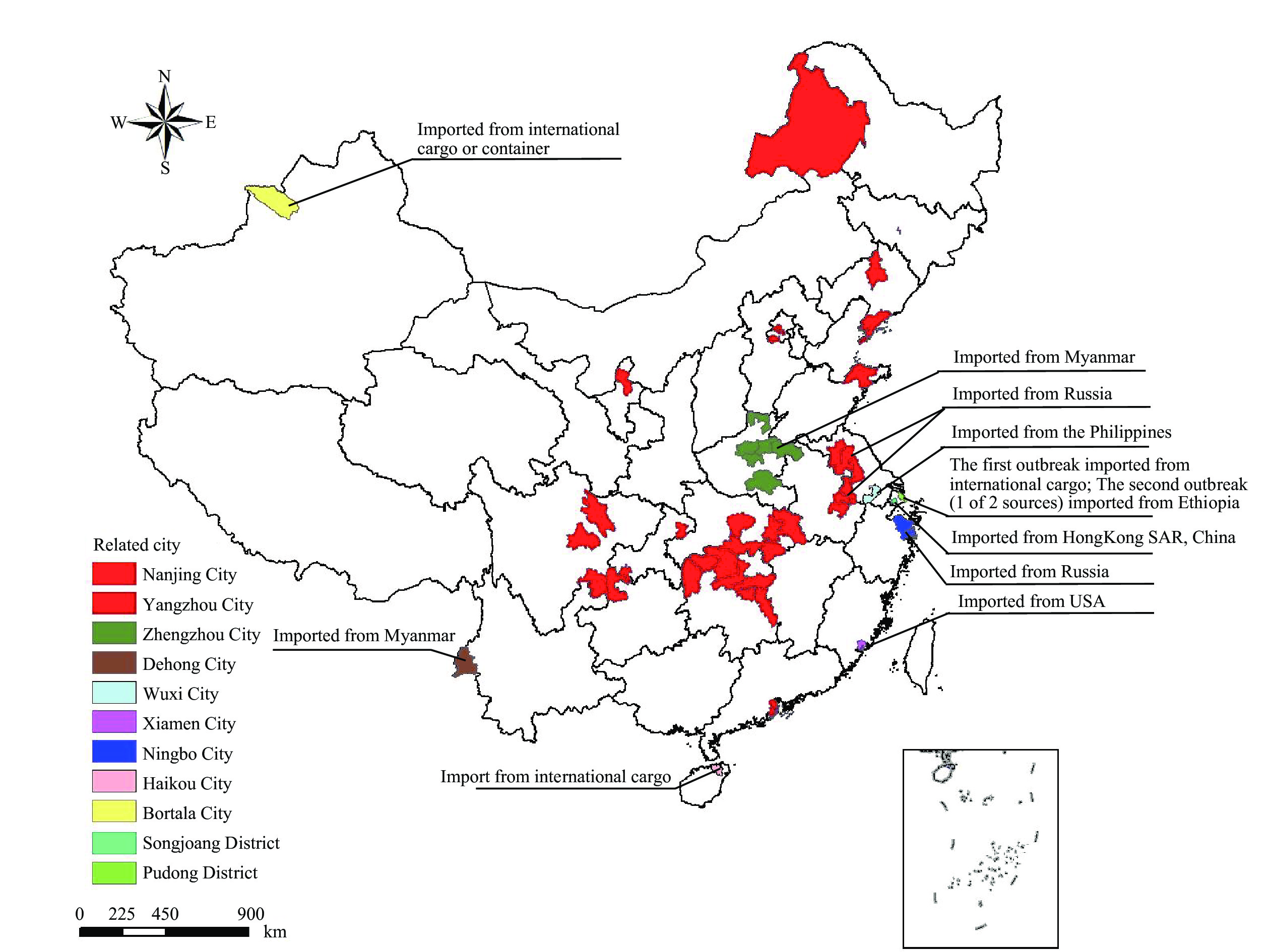2021 Vol. 3, No. 41
Assessing the effects of non-pharmaceutical interventions (NPIs) and vaccines on controlling the coronavirus disease 2019 (COVID-19) is key for each government to optimize the anti-contagion policy according to their situation.
We proposed the Braking Force Model on Virus Transmission to evaluate the validity and efficiency of NPIs and vaccines. This model classified the NPIs and the administration of vaccines at different effectiveness levels and forecasted the duration required to control the pandemic, providing an indication of the future trends of the pandemic wave.
This model was applied to study the effectiveness of the most commonly used NPIs according to the historic pandemic waves in different countries and regions. It was found that when facing an outbreak, only strict lockdown would give efficient control of the pandemic; the other NPIs were insufficient to promptly and effectively reduce virus transmission. Meanwhile, our results showed that NPIs would likely only slow down the pandemic’s progression and maintain a low transmission level but fail to eradicate the disease. Only vaccination would likely have had a better chance of success in ending the pandemic.
Based on the Braking Force Model, a pandemic control strategy framework has been devised for policymakers to determine the commencement and duration of appropriate interventions, with the aim of obtaining a balance between public health risk management and economic recovery.



 Subscribe for E-mail Alerts
Subscribe for E-mail Alerts CCDC Weekly RSS Feed
CCDC Weekly RSS Feed

